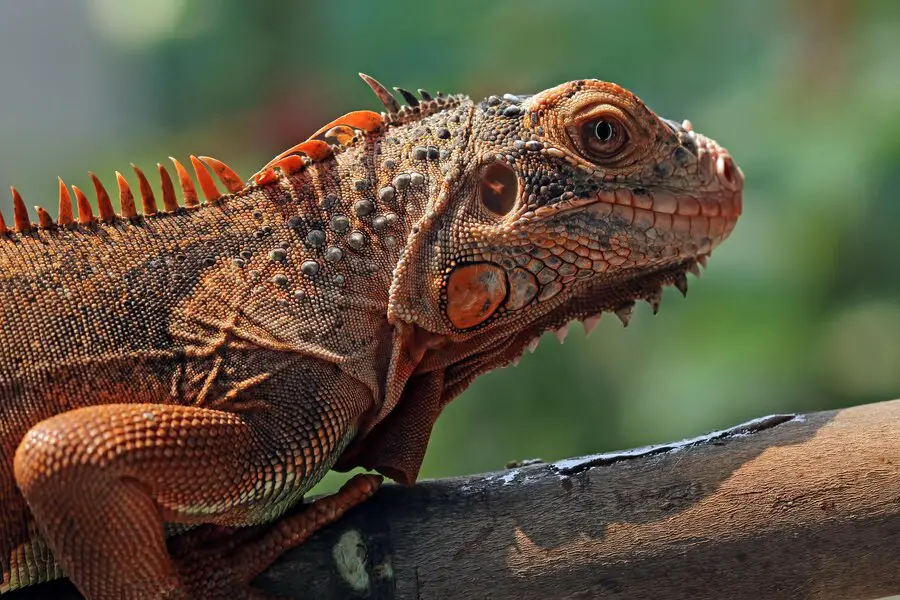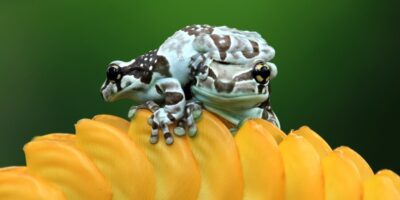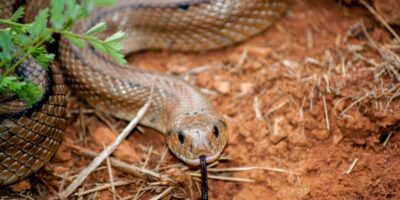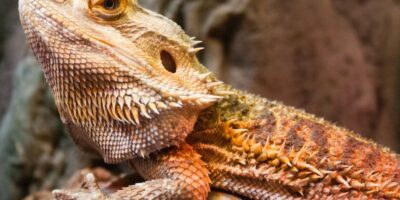Bearded dragons are fascinating creatures with unique behaviors, and their licking behavior is no exception. In this article, we’ll dive into the world of bearded dragon behavior and explore the reasons behind their licking habit. When a bearded dragon licks you, it can have different meanings depending on the context and other cues they give off.
Licking behavior in bearded dragons is often associated with affection and bonding. It’s their way of showing you that they trust and feel comfortable with you.
Bearded Dragon Behavior
Bearded dragons are known for their interesting and sometimes quirky behaviors. Here are some common behaviors you might observe in these reptiles:
Basking:
Bearded dragons love to bask under a heat source, such as a heat lamp or a sunbeam. This behavior helps them regulate their body temperature.
Head Bobbing:
Male bearded dragons often bob their heads up and down to display dominance or to communicate with other dragons.
Arm Waving:
Sometimes, bearded dragons will wave one of their front legs in a slow, rhythmic motion. This behavior is believed to be a sign of submission or a way to show recognition.
Puffing Up:
When bearded dragons feel threatened or want to appear larger, they puff up their bodies, making their spiky beard stand out.
Glass Surfing:
Bearded dragons may exhibit glass surfing, which is when they repeatedly run or rub against the sides of their enclosure. This behavior can indicate stress, boredom, or a desire to explore.
Reasons for Licking
There are a few possible reasons why bearded dragons lick their owners. One reason could be that they are trying to gather information about their environment. Licking is a way for them to explore and taste different things, including our skin. Another reason could be that they are showing affection or bonding with their owners. Licking can be a sign of trust and a way for them to establish a connection. Lastly, some bearded dragons may lick their owners as a way to seek attention or to communicate their needs. It’s important to observe their body language and context to better understand why they’re doing it.
Bearded dragons may lick their owners for a variety of reasons. One possible reason is that they are curious little explorers, using their tongues to gather information about their surroundings. By licking, they can taste different scents and textures, helping them familiarize themselves with their environment. Another reason could be that they are showing affection and bonding with their owners. Licking can be their way of expressing love and trust.
Body Language
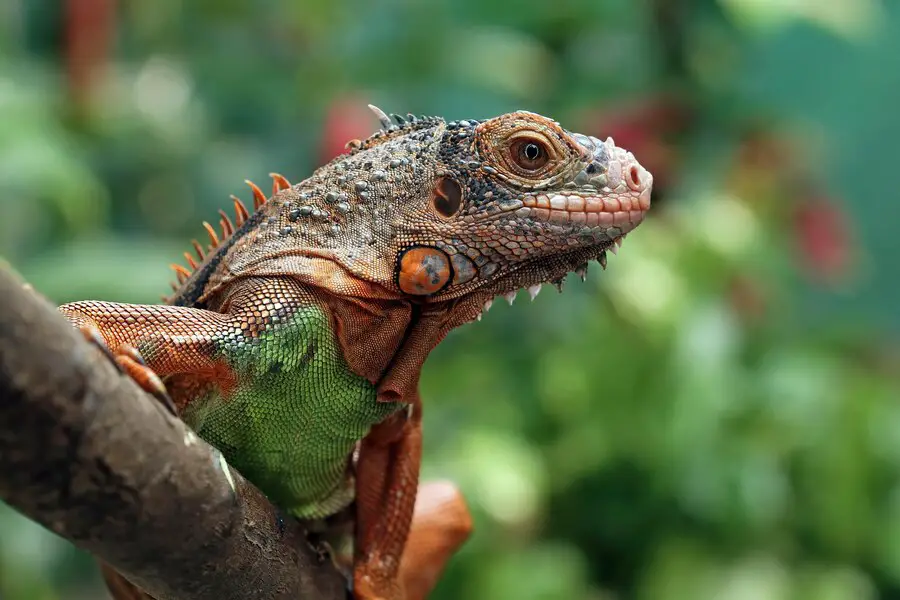
When it comes to interpreting a bearded dragon’s body language, it’s important to pay attention to the context and other cues they give off. When they lick you, it can have different meanings based on their overall behavior and body language. Here are a few things to consider:
- Context: Consider the situation in which the licking occurs. Are they licking you during a cuddle session or while you’re handling them? This could be a sign of affection and bonding.
- Body Posture: Take note of their body posture while they lick you. Are they relaxed and content, or do they seem tense and uncomfortable? A relaxed posture suggests they are enjoying the interaction, while a tense posture may indicate stress or discomfort.
- Eye Contact: Pay attention to their eye contact. If they maintain eye contact while licking, it could be a sign of trust and connection.
- Other Behaviors: Take into account other behaviors they exhibit alongside licking. Are they showing any signs of aggression, fear, or distress. If so, it’s important to give them space and evaluate the situation
When a bearded dragon is content, you may notice a relaxed body posture, such as a calm and still demeanor, with their body and tail held comfortably. They may also exhibit a gentle and slow tongue flicking, which is a sign of curiosity and exploration. On the other hand, signs of stress in a bearded dragon can include rapid or aggressive tongue flicking, puffing up their beard, hissing, or trying to escape from your hand. It’s important to be aware of these signs and provide a calm and comfortable environment for your scaly friend.
Some signs of affection include gentle head bobbing, relaxed body posture, and a willingness to be handled or held. They may also enjoy petting or scratching gently on their chin or back. Additionally, if your bearded dragon curls up next to you or falls asleep in your presence, it’s a clear sign that they feel safe and comfortable with you. Each dragon has its unique personality, so they may express affection in different ways.
Health Considerations
Monitoring your bearded dragon’s health and behavior is super important! By keeping a close eye on them, you can catch any potential issues early on and ensure they stay happy and healthy. Look out for changes in appetite, energy levels, and bathroom habits. Keep an eye on their skin, scales, and eyes for any signs of irritation or infection. If you notice anything out of the ordinary, it’s best to consult with a reptile veterinarian who can provide proper guidance and care
If you notice any unusual licking behavior in your bearded dragon, it’s a good idea to consult a reptile veterinarian. They can provide expert guidance and help determine if there’s an underlying issue causing the behavior. Reptile veterinarians have the knowledge and experience to diagnose and treat any potential health concerns properly. It’s always better to be safe and seek professional advice when it comes to your scaly friend’s well-being.
Conclusion
In conclusion, monitoring your bearded dragon’s health and behavior is essential for their well-being. By paying attention to changes in appetite, energy levels, skin, scales, eyes, and bathroom habits, you can catch any potential issues early on. If you notice any unusual licking behavior or other signs of stress, it’s best to consult a reptile veterinarian for proper guidance and care. Remember, being proactive and seeking professional advice can ensure that your scaly friend stays happy and healthy.
